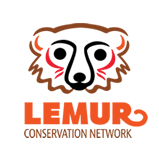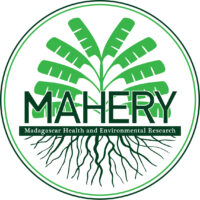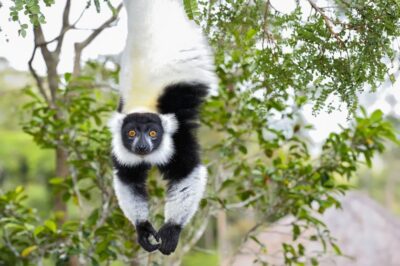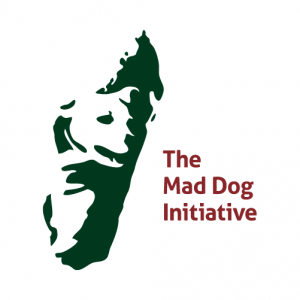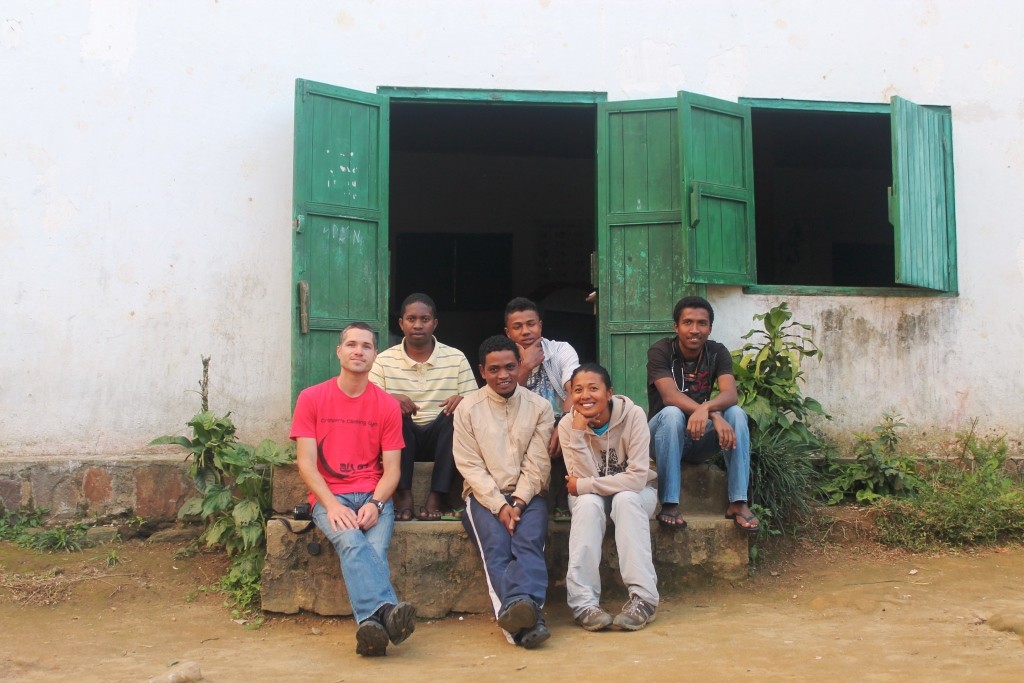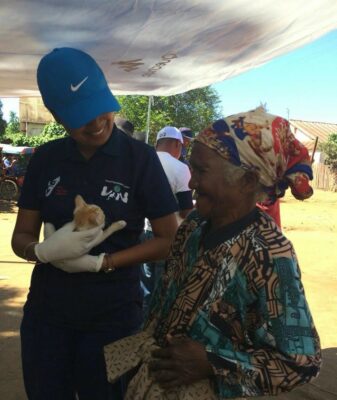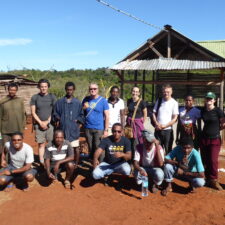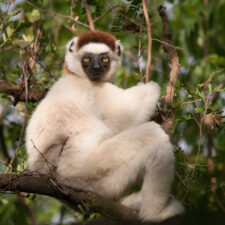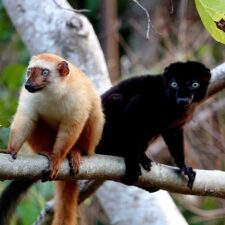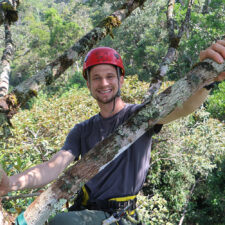Rice University: Dunham Tropical Ecology and Conservation Group
What We Do
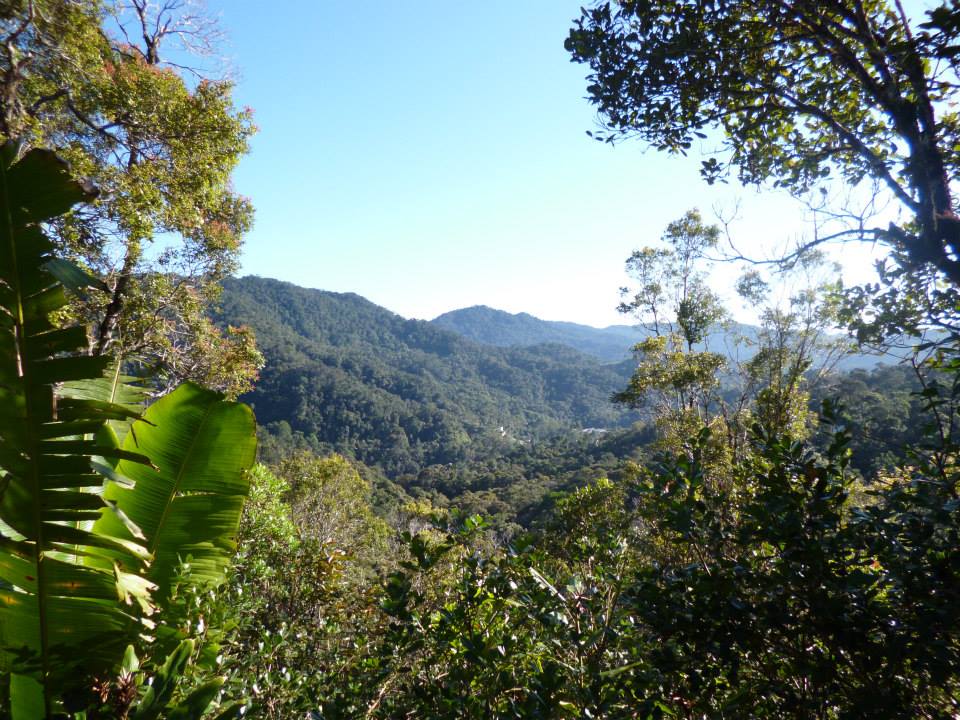
Ranomafana National Park. Photo: Phil Reeks.
We are a group of ecologists interested in tropical ecology and conservation biology. Our work focuses on evolutionary, population, and community ecology and is often applied to conservation issues in tropical rainforests including Madagascar.
We have a strong focus on understanding population and community level consequences of lemurs to anthropogenic change and understanding the role of lemurs in the ecosystem and potential consequences of their loss.
How We Support Local Communities
Capacity Building and Training
We are involved in capacity building in the field of environmental conservation in Madagascar by training Malagasy graduate and undergraduate students through advising, research training, and in-country workshops.
We have also trained several local field technicians in both primatological methods and botanical studies.
Education
Members of our group have also been involved with environmental education in the Ranomafana region.
